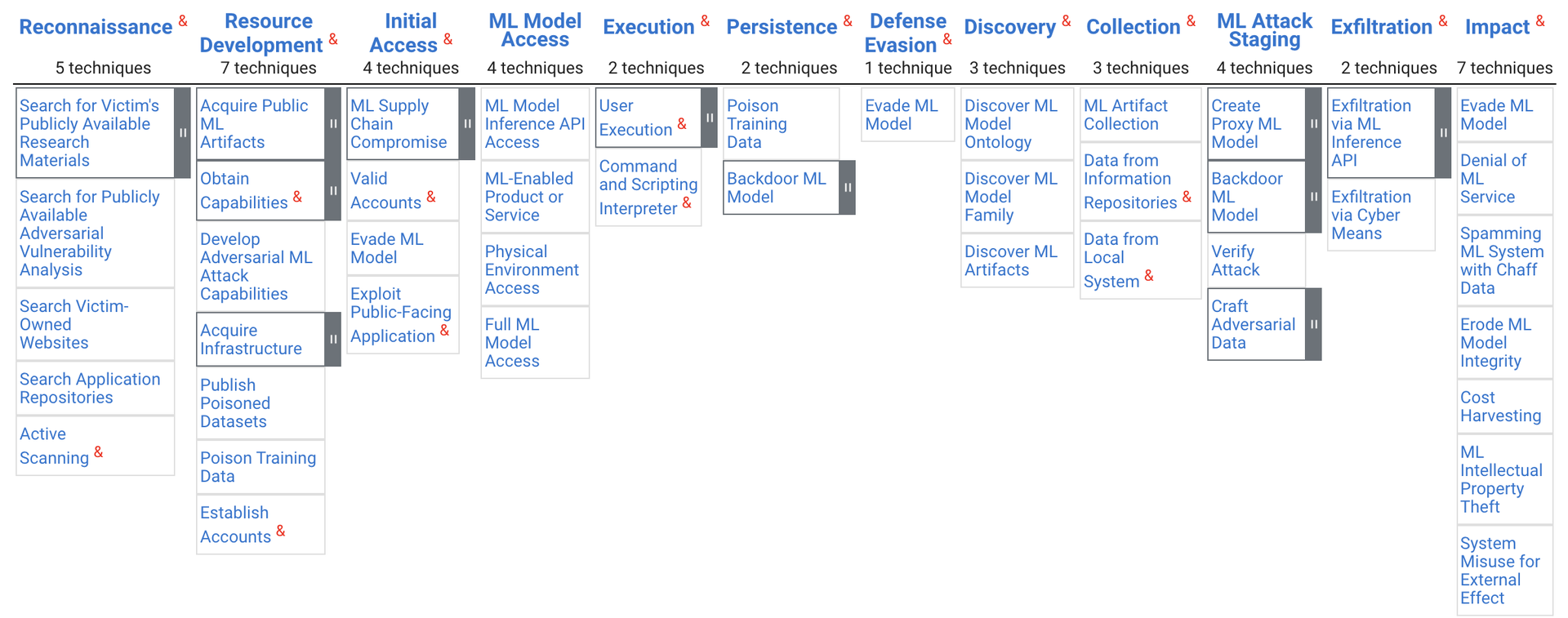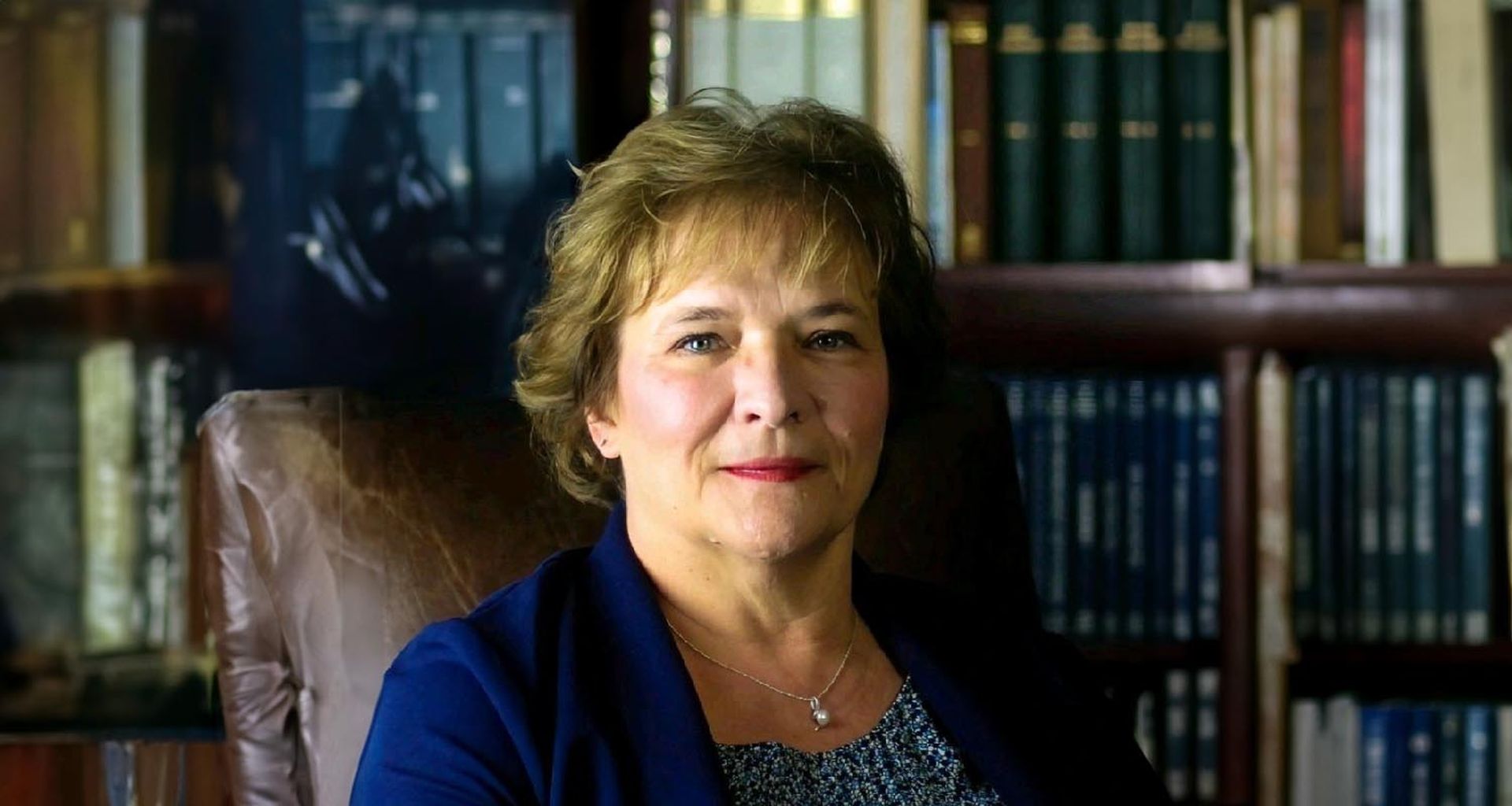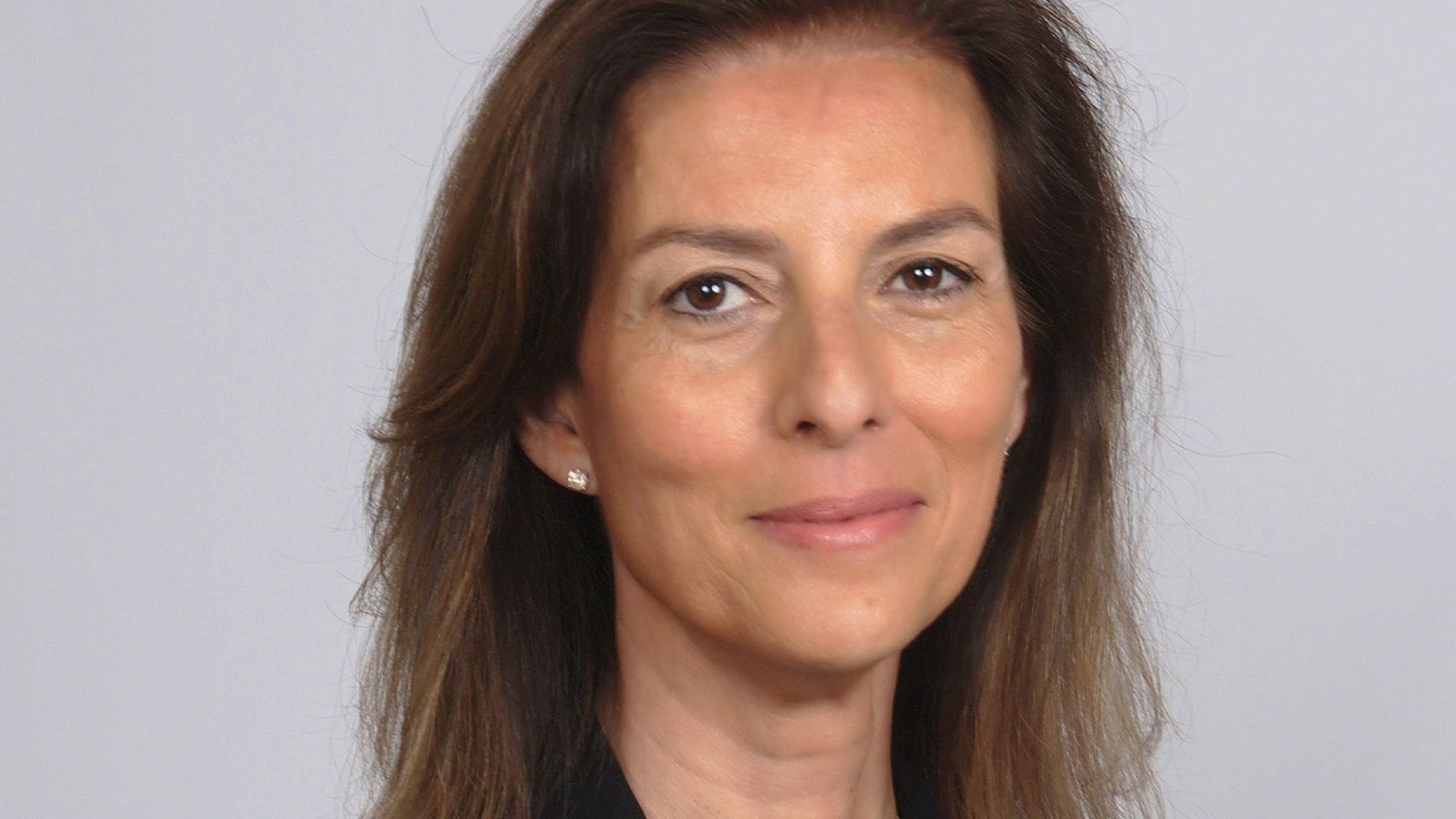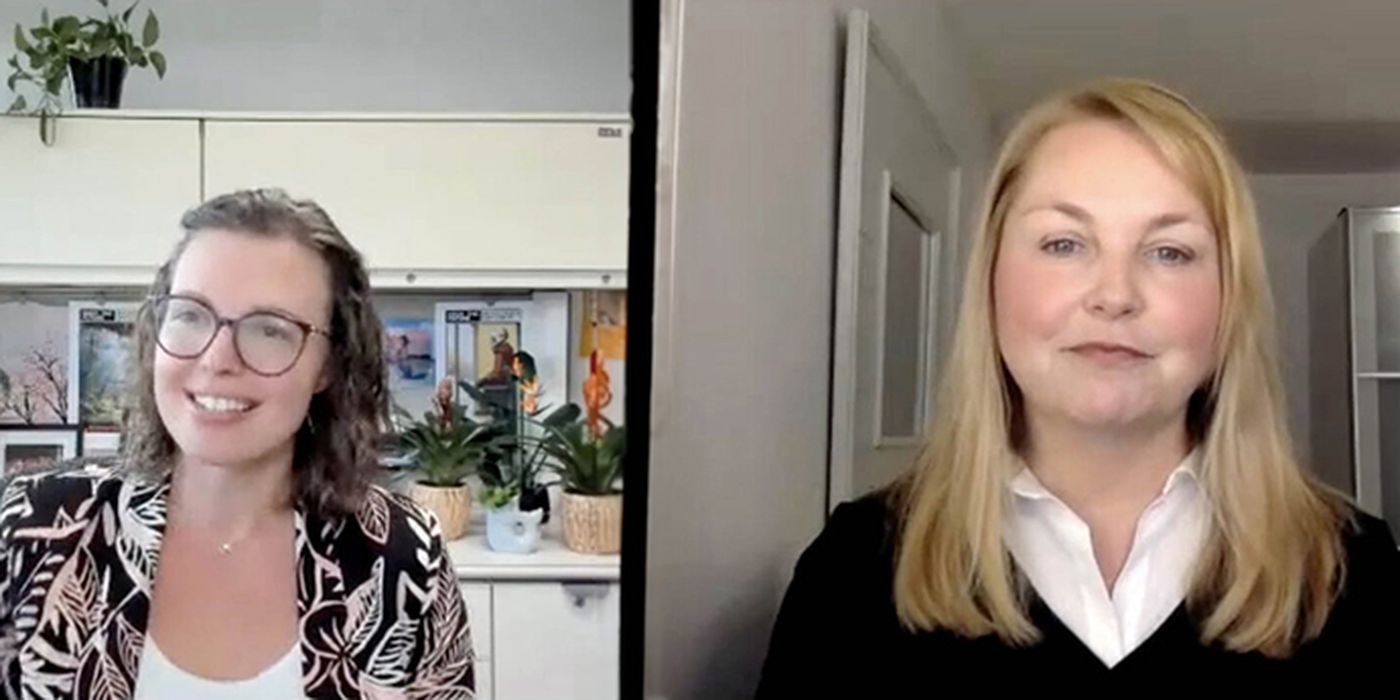AI might turn on its human creators at some point, but it’s not going to happen under Dr. Christina Liaghati’s watch.
As the AI Strategy Execution and Operations Manager of MITRE’s AI and Autonomy Innovation Center, Liaghati leads scientists and engineers to tackle the matter of AI assurance — which is about making sure that AI applications are ethical, equitable, safe, and respect user privacies when they’re introduced into system of systems contexts.
[Please visit SC Media's 2023 Women in IT Security and read about more women Power Players, Advocates, Cybersecurity Veterans and Women to Watch.]
Making AI more accessible and approachable is a running theme to all of Liaghati’s work. She now oversees MITRE’s ATLAS project, which aims to give security teams a centralized knowledge base of adversary tactics, techniques, and case studies for machine learning (ML) systems so they can really understand what they’re up against.
“Organizations don't realize how vulnerable they can become as AI is incorporated into their systems, and traditional cybersecurity methods don’t mitigate these risks nearly as well as people assume,” said Liaghati.
ATLAS is fully open-source and builds on the core components of the ATT&CK framework that MITRE popularized.

In 2023, the project hit a new milestone. Her team collaborated with Microsoft to release a Caldera plug-in called Arsenal that helps security pros prepare for attacks on ML systems without needing a deep technical background in either ML or AI.
Lowering the barrier of entry to AI is something Liaghati is passionate about. She wants as many people in on the conversation as possible.
“Our mission is to bring people up to speed on what things they should be considering as they're starting to incorporate AI into their existing cyber systems, and then to arm them with a few of these open source baseline tools so they can start to do something about it.”
A woman in a male-dominated industry
Liaghati understands that as a woman at the intersection of AI and cybersecurity — two heavily male-dominated disciplines — she’s in an extremely unique position to affect change. She herself is no stranger to the biases and assumptions that crop up when women strive to advance in these fields.
“One thing I rarely talk about, but which definitely impacted me as I grew up in this space, is that many times people would assume I was the admin assistant to our male leader [Miguel Rodriguez]. They would ask me to schedule meetings, not realizing that I had a Ph.D. in systems engineering and that I was there to help deliver on the technical work.”
Click here for full coverage of the 2023 Women in IT Security.
She credits Rodriguez with being a strong advocate for her and “very deliberately helping folks understand my potential and my ability to handle the responsibilities he was giving me.”
Now, Liaghati tries to pay it forward as a leader to other women. “When it comes to teaching and working with women, I make sure that I deliberately introduce them along with their responsibilities. I want others to see that this woman is carrying a lot of responsibility, has a huge amount of potential, and that you really want to work with her.”
It’s that passion for bringing other voices into the conversation that marks Liaghati’s whole career. She could tackle problems on her own, but she relishes opportunities to solve technical challenges with others.
“It’s really the people piece that got me involved in this — being able to take someone’s really cool vision and help them execute against that. I’m very passionate when I get to invest in both the people and a topic that I believe in, like AI assurance in this case.
“I pour my life blood into this,” she added, “both because of the people I get to work with and grow with on a daily basis, and because of the potential impact of building something out that isn’t quite there yet.”
Building the next generation of AI leaders
What’s next for Liaghati? Along with co-chair Keith Manville, Liaghati has been tapped to lead a NATO exploratory team that will focus more broadly on understanding assurance concerns of applying AI-enabled systems across multiple sectors, such as in healthcare, transportation and critical infrastructure.
Through this work, she’s excited to foster more connections with AI women leaders from a global coalition of partners and countries.
“When I find powerhouse women in the AI space, I latch onto them like a little magnet,” she said, laughing. “Whether it’s the women I collaborate with at KPMG and at Hidden Layer, or getting to work with Rumman Chowdhury (who was just on the cover of TIME Magazine’s Top 100 AI Leaders this week), it’s been so much fun to find the very small number of women who are both technically capable and powerful at driving such an impact in this space.”
Besides working with established leaders, she wants women who are just starting out to join her on that journey.
“There’s a lot of resources out there,” she said. “I really encourage folks to reach out to this ATLAS community, for one. Also consider going to conferences that are designed to bring women into the conversation — like WiCyS [Women in Cybersecurity] or Shecurity for example.”
Finally, she said, make yourself visible.
“I've had so many young women come up to me after I give a talk at these conferences and they say it’s incredibly exciting to see such a passionate, young, and happy woman in this space. They’ll say: ‘You don't look jaded, you don't look miserable, and you give me hope to want to take on more of this myself.'
"That's why I'm continuing to try and elevate the ones that I find and giving my own team the opportunity to be more externally visible. I tell them: 'Hey, you can do this, and you can be happy doing this.'"





